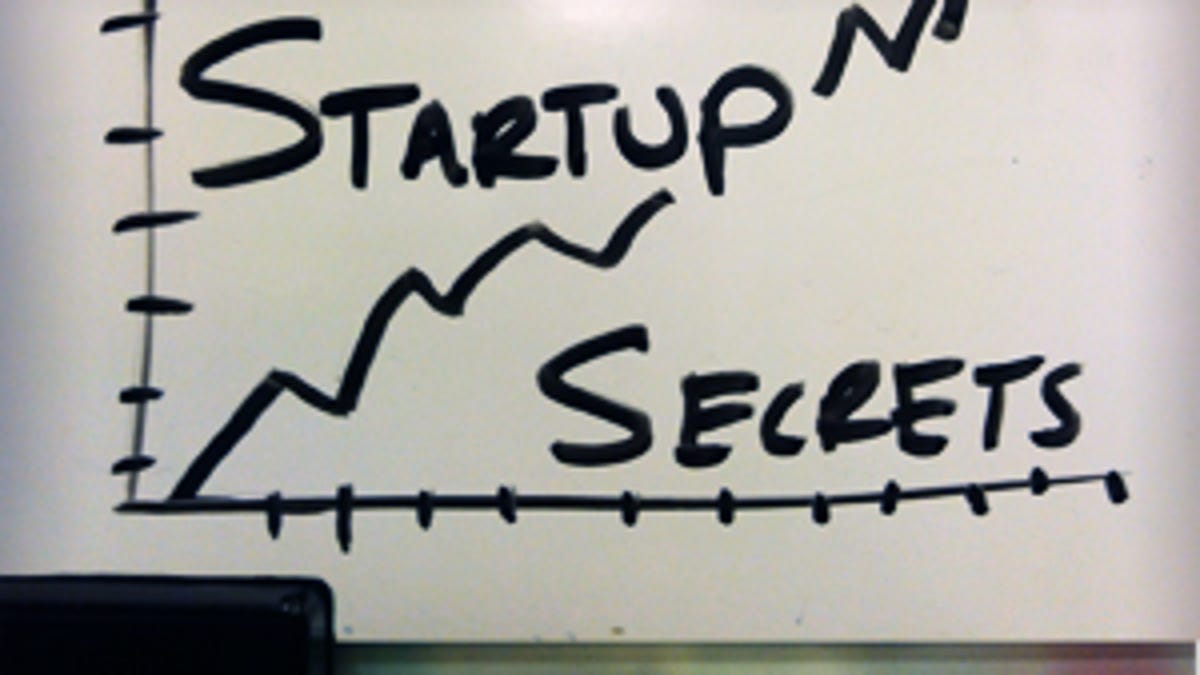Startup Secret 40: The trinity of startup disciplines
You need technology, value, and sales. Starting with one leads to the others. Ignoring any means failure, if not financially, then emotionally.

-- Mark Drummond, CEO, Jildy
Mark Drummond is one of those technology-focused CEOs. He creates products that tend to have their science a bit closer to the surface than many startups I see. Check out his latest product, Jildy (story), which does network analysis of your Facebook friends. He previously worked on the social search startup Wowd before social search was a thing.
Mark sent me an interesting confession:
When I first got into startups, I thought something was worth doing if it was fundamentally innovative. It the idea explored or developed fundamentally new technology as a foundation for the product or service being developed, then it was honorable and worth doing.
After a few years of thinking that way, I realized that my thinking was flawed. It's easy to develop something innovative that is still quite useless. I adjusted my value framework, and I came to believe that something was worth doing if it had business value. I worked along in this mode for a while, and then came to realize it's flawed, too. Often, the value you identify doesn't actually line up with a real human being that 'owns' the problem to which the value is targeted.
Eventually, I realized that something is worth doing if I know how to sell it. For an enterprise, I have to know exactly what story to tell to get my target customer to write a check for six or seven figures. For a consumer product, I have to know exactly how the consumer will become aware of my product or service, how they'll first try it, etc.
I recognize now that lots of people start with the "can I sell it" question, and that's great for them. But starting there, and staying there, strikes me as a bit sad and shallow.
Ideally, to feel great about what one is doing, I believe that it's best if it's innovative technically, delivers real value, and can be sold effectively too.
In a followup e-mail, Mark told me the story of the group scheduling app TimeDance (he was CEO of the company). He says, "We had innovative technology (constraint-based 'windowing' for scheduling), and business value (reduce the frictional load of scheduling). But it was never, ever clear how to sell it, or to whom."
This reminds me of the business story about the air freshener Febreze, which is getting a lot of press as part of the media introduction of Charles Duhigg's book, The Power of Habit. Febreze was based on a technical breakthrough: It's great at neutralizing odors. That by itself wasn't enough to make it a successful business. It was pitched as having a great value: it makes your home smell less bad. Even that wasn't enough.
It took a trick to sell the product. Febreze got a scent of its own, a perfume strong enough to overpower the odor-killing effects of the spray. That way, buyers could tell, when they used Febreze, that there were making their houses smell nice. It took a technical oxymoron to sell the stuff.
You do what you have to do.
Startup Secrets is based on personal interviews with people building companies and from their blog posts and news stories. Subscribe to Startup Secrets on Twitter or come back to Rafe's Radar every Monday, Wednesday, and Friday for a new one. See all the Startup Secrets.

